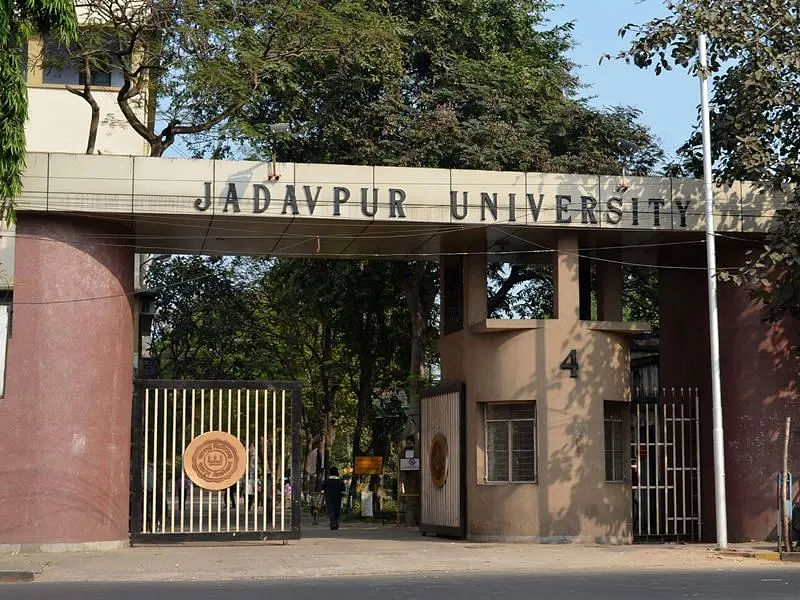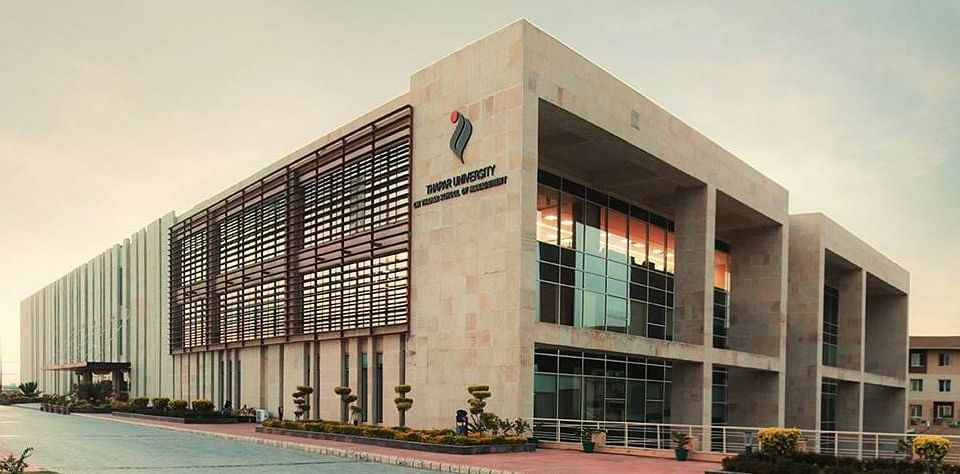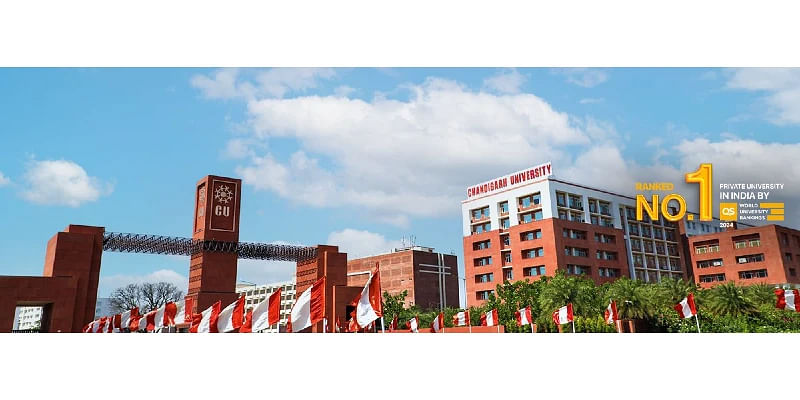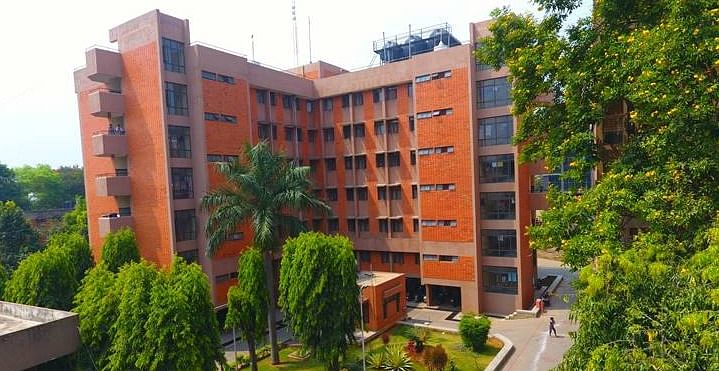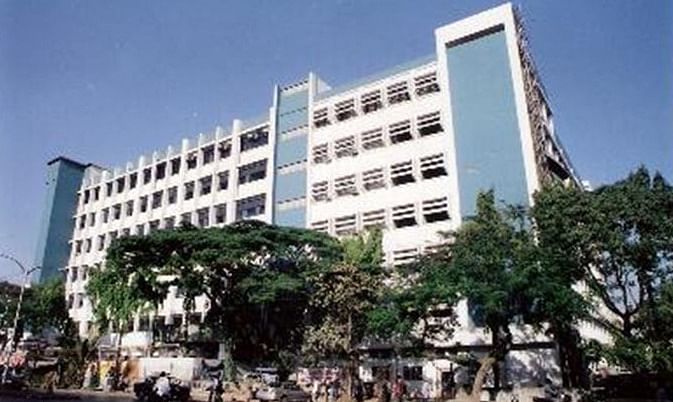BE Chemical Engineering: Course Details, Eligibility, Fees, Admission

BE Chemical Engineering is a four-year-long undergraduate program that deals with the Chemical Engineering discipline that has an impact on a wide range of technological fields. Chemical Engineering, in general, devises and designs procedures for the manufacture, transformation, and transportation of materials, beginning with laboratory testing and progressing to full-scale manufacturing. Bachelor of Engineering in Chemical Engineering offers candidates to set up a career in various areas of Academic Institutions, Government Organizations, Textile, Biotechnology, Healthcare Sectors, Manufacturing, Labs, Space, Installation Units, etc.
Table of Contents
- About BE Chemical Engineering
- Eligibility Criteria for BE Chemical Engineering
- How To Get Admission in BE Chemical Engineering?
- Popular Entrance Exams for BE Chemical Engineering
- Top 10 BE Chemical Engineering Colleges in India
- Fee Structure for BE Chemical Engineering
- Syllabus and Subjects for BE Chemical Engineering
- Why Choose BE Chemical Engineering?
- Scope For Higher Education
- Salary of a BE Chemical Engineering Graduate
- Career Options After BE Chemical Engineering
- Skills That Make Students The Best BE Chemical Engineering Graduates
BE Chemical Engineering Course Details
| Degree | Bachelors |
| Full Form | Bachelor of Engineering in Chemical Engineering |
| Duration | 4 Years |
| Age | Minimum age limit is 17 years |
| Subjects Required | Physics, Chemistry and Mathematics |
| Minimum Percentage | 50% - 60% |
| Average Fees | ₹4 LPA |
| Similar Options of Study | B.Tech (Biotechnology), B.Tech (Biomedical Engineering), B.Tech (Chemical Engineering) etc |
| Average Salary | INR 4 LPA |
| Employment Roles | Chemical Engineer, Senior Process Engineer, Project Engineer, Production Engineer, Production Manager, Sr Software Engineer |
| Top Recruiters | Reliance Industries Limited, Wipro Technologies Ltd, Dr. Reddy's Laboratories Ltd, Bechtel Corporation, Renault Nissan |
About BE Chemical Engineering
According to Wikipedia, “The Bachelor of Engineering in Chemical Engineering is the undergraduate degree in Engineering awarded by universities and conservatories. The course combines the study of Chemical engineering is a branch of engineering that studies the operation and design of chemical facilities, as well as strategies for increasing output." The course falls under the umbrella of Bachelor of Engineering.
Also, Check: Steps to Become a Chemical Engineer
Eligibility Criteria for BE Chemical Engineering
BE Chemical Engineering admission is offered to only those students who meet the eligibility requirements. The candidates must have a secondary and higher secondary or 10+2 education in Physics, Chemistry, and Mathematics as subjects with a minimum 50% aggregate score in the final examination. The maximum age limit for this course is 22. The admission process can be either entrance exam-based or merit-based.
How To Get Admission in BE Chemical Engineering?
Students must ensure that they satisfy the eligibility criteria for a BE Chemical Engineering in India. BE Chemical Engineering admission 2021 is done through entrance exam scores or on a merit basis. Admission procedures may vary across different BE Chemical Engineering universities in India. Mentioned below are the details of the admission process in general:
How to Apply?
BE Chemical Engineering course details and procedures for admission can be found on the college's official websites. To apply for the course, students must visit the official university admission portal and register for the entrance exam. After that fill the application form by providing the required details.
Selection Process
Admission is strictly offered to only those students who clear the BE Chemical Engineering eligibility criteria. The list of shortlisted candidates can be availed through the college’s official website or will be informed through email regarding the result and the further admission process.
Popular Entrance Exams for BE Chemical Engineering
Admission to the BE Chemical Engineering course in India is mainly done through entrance examinations. Entrance exams for BE Chemical Engineering India are usually conducted at the university level. The most common exams that most candidates apply to are as follows:
A Quick Glance at the BE Chemical Engineering Entrance Exams
To get admitted, students must ensure whether they satisfy the eligibility for the BE Chemical Engineering course. To clear the entrance exam, students should study the exam pattern and syllabus well before time. This will help students in timely preparation for the entrance exams. Listed below is the general pattern for the entrance exams:
- The entrance exam has multiple sections that test different parts of a student's knowledge from Numerical Ability and Analytical Aptitude, Reasoning and Logical Questioning, Physics, Chemistry, Biology, and Mathematics.
- The examination will be conducted through offline mode or online mode.
- The time duration to complete the paper is 3 hours.
- Paper consists of 90 multiple choice questions carrying 300 marks.
Top 10 BE Chemical Engineering Colleges in India
Various institutes offer BE Chemical Engineering courses. Students can opt for the BE Chemical Engineering best college depending upon their merit and specialization needed. Some of the BE Chemical Engineering top colleges are listed below:
|
Sl.No |
Name of the Institute |
|
1 |
|
|
2 |
|
|
3 |
|
|
4 |
|
|
5 |
|
|
6 |
|
|
7 |
Mahatma Gandhi Mission’s College of Engineering and Technology |
|
8 |
|
|
9 |
|
|
10 |
Fee Structure for BE Chemical Engineering
BE Chemical Engineering fees range from INR 50,000 - 10 LPA. The fees may vary according to the college or university based on the type of institute, location, infrastructure, faculties, and facilities available. Below listed are the BE Chemical Engineering fees structure of some colleges:
|
Sl. No. |
Name of the Institute |
Average Annual Fees |
|
1 |
Birla Institute of Technology, Hyderabad |
INR 13 LPA |
|
2 |
Chandigarh University, Chandigarh |
INR 2 LPA |
|
3 |
Jadavpur University, Kolkata |
INR 1 LPA |
|
4 |
BMS College of Engineering [BMSCE], Karnataka |
INR 1.5 LPA |
|
5 |
Mahatma Gandhi Mission’s College of Engineering and Technology, Mumbai |
INR 3.5 LPA |
Syllabus and Subjects for BE Chemical Engineering
BE Chemical Engineering is a four-year undergraduate course in the Chemical Sector. The BE Chemical Engineering course is a comprehensive study that prepares students to work in the engineering sectors of product manufacturing using chemical processes. The subjects related to this course vary according to specializations and the institutes. The syllabus includes theory papers and practical papers. The compulsory subjects include:
- Biochemical Engineering and Bioinformatics
- Plastics Engineering
- Engineering Chemistry
- Business Communications & Ethics
- Environmental Engineering
Read More: BE Chemical Engineering Syllabus and Subjects
Why Choose BE Chemical Engineering?
Students often wonder about BE Chemical Engineering course details before choosing the course. Before deciding on a career, students come across queries like, "What is the BE Chemical Engineering course?" and "Why choose a BE Chemical Engineering?”. To clearly understand answers to these questions, we have framed the following three pointers:
What is BE Chemical Engineering All About?
BE Chemical Engineering is an undergraduate program that deals with the study of Chemical Medicine. The BE Chemical Engineering course prepares graduates to work alongside manufacturers, doctors, and researchers to create products, systems, processes, equipment, and gadgets to make valuable materials. Chemical Engineering combines aspects of Mechanical, Electrical, Biomedical Engineering, Materials Science, Chemistry, Mathematics, And Computer Science to improve raw products.
What Does a BE Chemical Engineering Graduate Do?
The BE Chemical Engineering graduates can work as Chemical Engineer, Senior Process Engineer, Project Engineer, Production Engineer, Production Manager, Sr Software Engineer, Business Development Manager, Research Scientist, Solutions Architect, etc. Chemical engineers devise and create procedures for the manufacture, transformation, and transportation of materials, beginning with laboratory testing and progressing to full-scale manufacturing.
Mining Engineer: Mining Engineers ensure that the extraction of gases, chemicals, and materials from deep within the earth is done safely. Taking use of the extracts' commercial potential.
Reasons Why BE Chemical Engineering Can Fetch Students a Rewarding Career?
Career prospects for a BE Chemical Engineering greatly vary. It depends on the respective specialization and demand of the course. This course mainly focuses on the study of chemical products which concentrates on all the knowledge of modern principles in their engineering production process.
Career Scope and Options: An BE Chemical Engineering course provides a lot of job opportunities, aspirants who have completed the course can mainly start a career as Chemical Engineer, Senior Process Engineer, Project Engineer, Production Engineer, Production Manager, Sr Software Engineer, Business Development Manager, Research Scientist, Solutions Architect, etc.
Read More: BE Chemical Engineering Jobs and Scope
Preparation Tips for BE Chemical Engineering
Some of the course preparation tips for the BE Chemical Engineering course are listed below:
Know The Syllabus And Exam Pattern: To prepare well for the entrance exams the students should be aware of the syllabus, exam pattern, and the research paper and books to collect the information required.
Practice Question Papers: Practice solving previous years’ papers to understand the type of questions asked. It also helps to improve and prepare students for the current exam.
Take Mock Tests: Solving as many mock tests can help students gain speed and accuracy.
Scope For Higher Education
After completion of a BE Chemical Engineering course, the candidates can choose to take up jobs or can continue with their further studies. An additional degree in the same field improves job opportunities. Obtaining higher education can help graduates learn more about the subject and enter the sector of Chemical Engineering. Additionally, it can also help them increase their salary. Some higher education options are:
Salary of a BE Chemical Engineering Graduate
The average salary of an employee with a BE Chemical Engineering is INR 3- 7 LPA (Source: Naukri) for freshers. The salaries and annual earnings depend on the specific companies they work for, the methods of practice, expertise, and other related aspects.
Read More: BE Chemical Engineering Salary
Career Options After BE Chemical Engineering
After completion of the course, the graduates can find jobs in areas like Academic Institutions, Government Organizations, Textile, Biotechnology, Healthcare Sector, Manufacturing, Labs, Space, Installation Units, etc. The graduates can even apply for the UPSC or JEE Advance. Clearing these exams to make a career further in the Engineering sector. Some job roles offered to graduates are:
- Chemical Engineer
- Technical Service Engineer
- Chemical System Coordinator
- Fire & Safety Officer
Skills That Make Students The Best BE Chemical Engineering Graduates
Some students are passionate about learning, transforming laboratory procedures into practical applications for commercial product manufacturing, then seeking to maintain and improve those processes. They rely on engineering's three basic pillars: arithmetic, physics, and chemistry. The BE Chemical Engineering course is wide-ranging and deep in the subjects it explores the different elements of Chemistry and Medical. Some required skills are:
- Communication Skills
- Problem-Solving Skills
- Analytical Skills
- Listening Skills
- Maths Skills
| Top Trending B.E Courses | |
| BE Computer Science | BE CSE |
| BE Mechanical Engineering | BE IT |
| BE Civil Engineering | BE Biomedical Engineering |
| BE Computer Engineering | BE Biotechnology |
Check other important BE Courses
